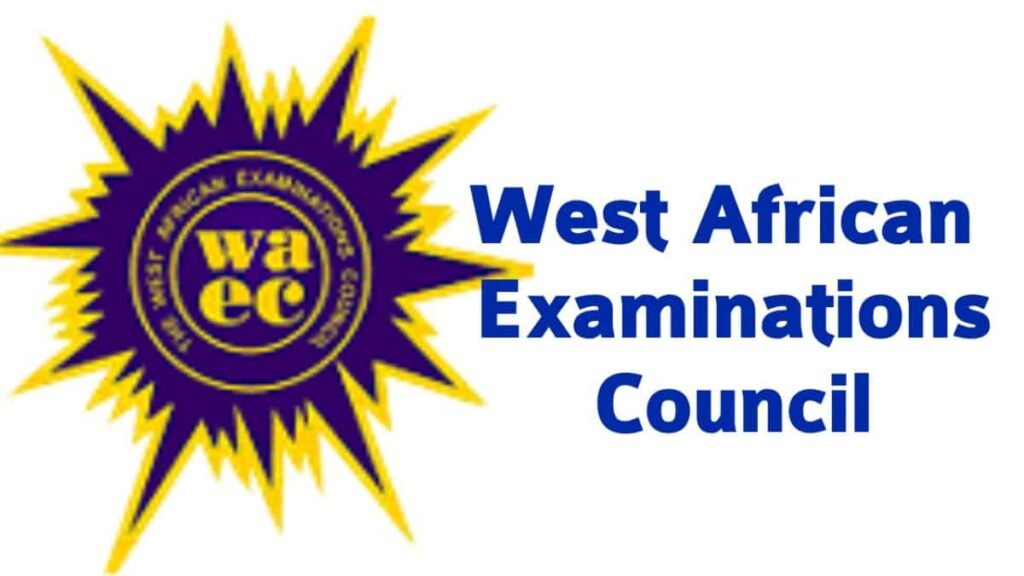…Reps committee demands evidence of loan approval
The House of Representatives Committee on Basic Examination Bodies has summoned the West African Examination Council (WAEC) to explain a N6 billion deficit reported for 2023 and a controversial N5 billion loan taken for customised calculators.
WAEC’s Nigeria Head, Josiah Dangut, along with other senior officials, faced intense questioning during a session in Abuja on Tuesday.
Dangut requested additional time to provide necessary documents, explaining that the 50 percent advance payment for the construction of the Taraba state office was aimed at avoiding inflation-related cost increases.
However, the committee criticised WAEC for insufficient documentation and lack of cooperation, accusing the body of obstructing transparency.
Committee Chairman, Oboku, emphasised that the inquiry was a constitutional duty to ensure accountability and not a witch-hunt.
He expressed concern over WAEC’s financial management, noting that the agency’s expenditures exceeded its 2023 revenue of N34 billion, with a total spend of N40 billion. He questioned the legitimacy of the N5 billion loan and the lack of proper authorisation for its approval.
During the hearing, committee member Awaji-Inombek Abiante condemned WAEC’s uncooperative stance and demanded comprehensive documentation, including bank statements from 2018 to the present, evidence of loan approval, and details on the purchase of calculators.
Dangut defended the agency’s actions, asserting that the 50 percent advance payment for the Taraba office was necessary to mitigate inflationary impacts. He also promised to provide the requested financial records and further documentation.
The committee has set a deadline for WAEC to submit all required documents, including bank statements, payment vouchers, and records of submission to the Auditor General. The committee also requested profiles of the external auditor and engagement letters for the past three years.
The House of Representatives is pressing WAEC to clarify these financial discrepancies to uphold transparency and accountability in public institutions.

